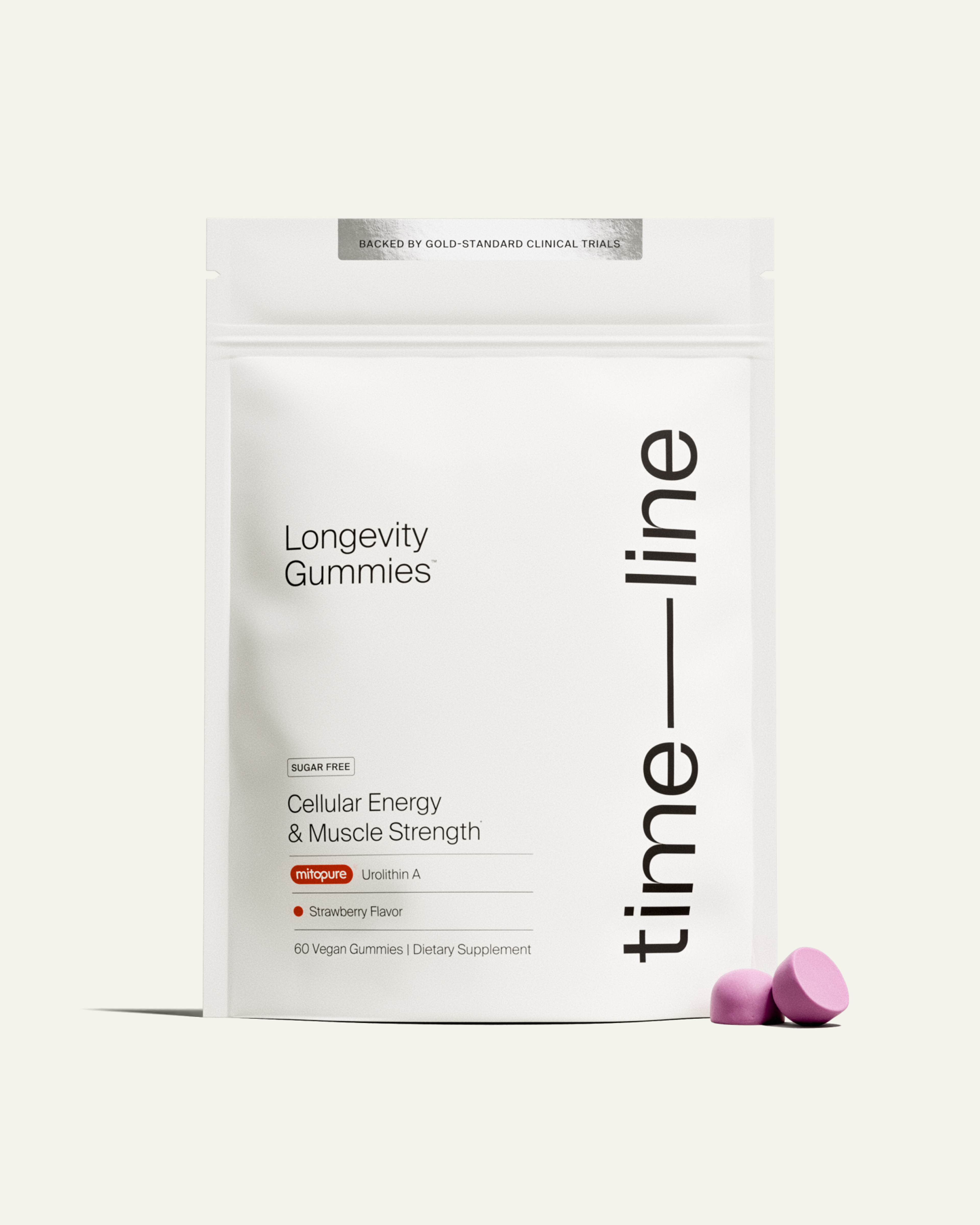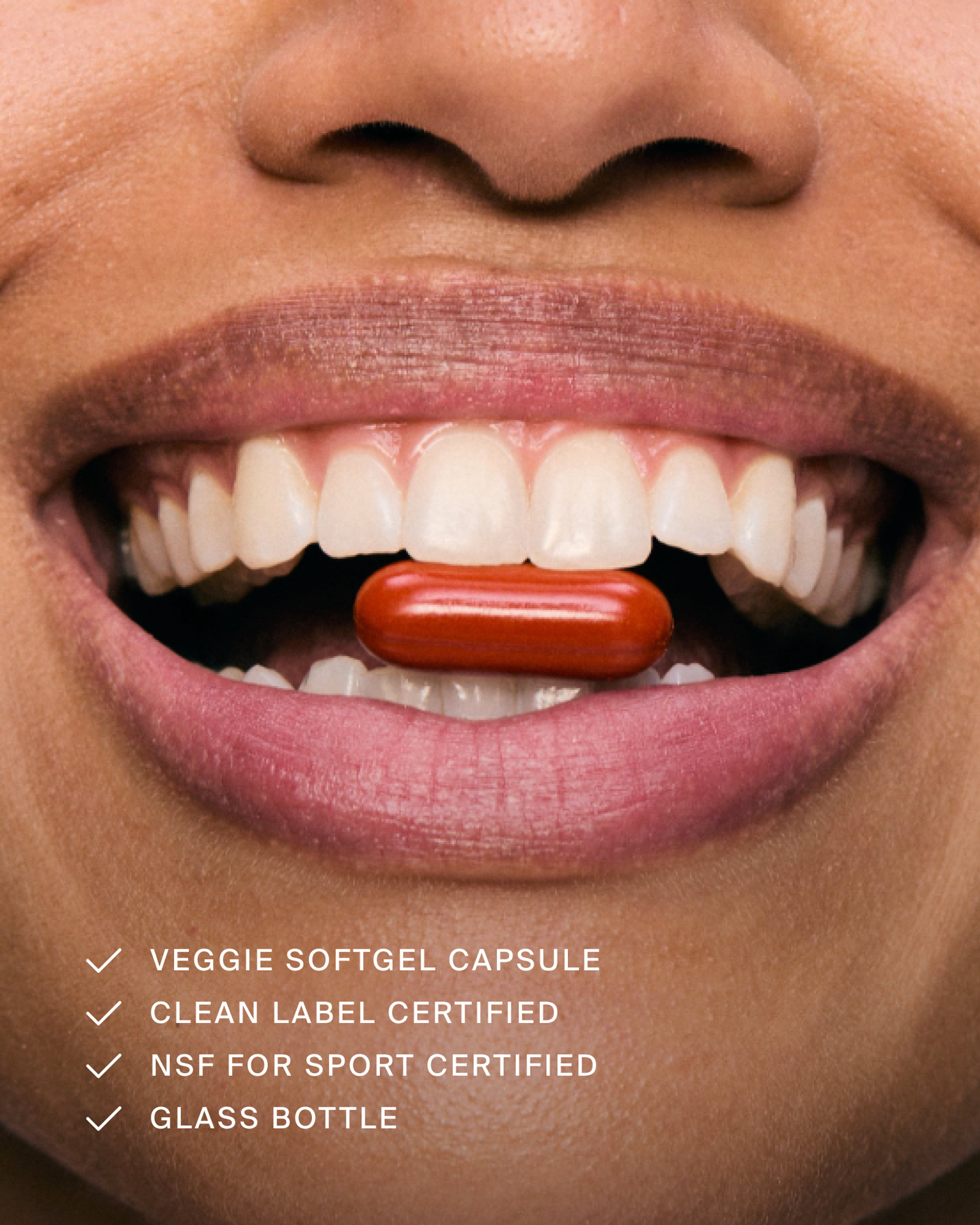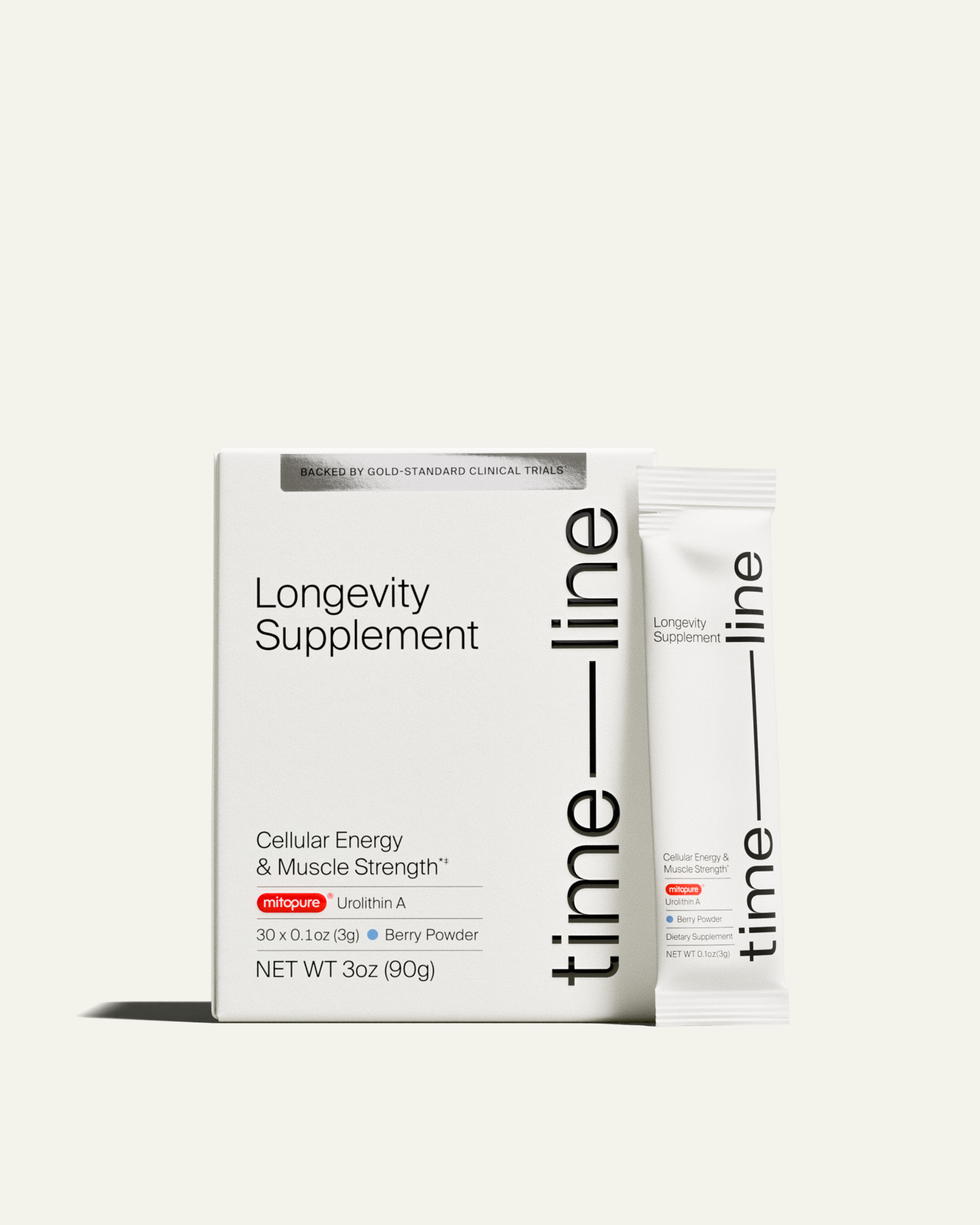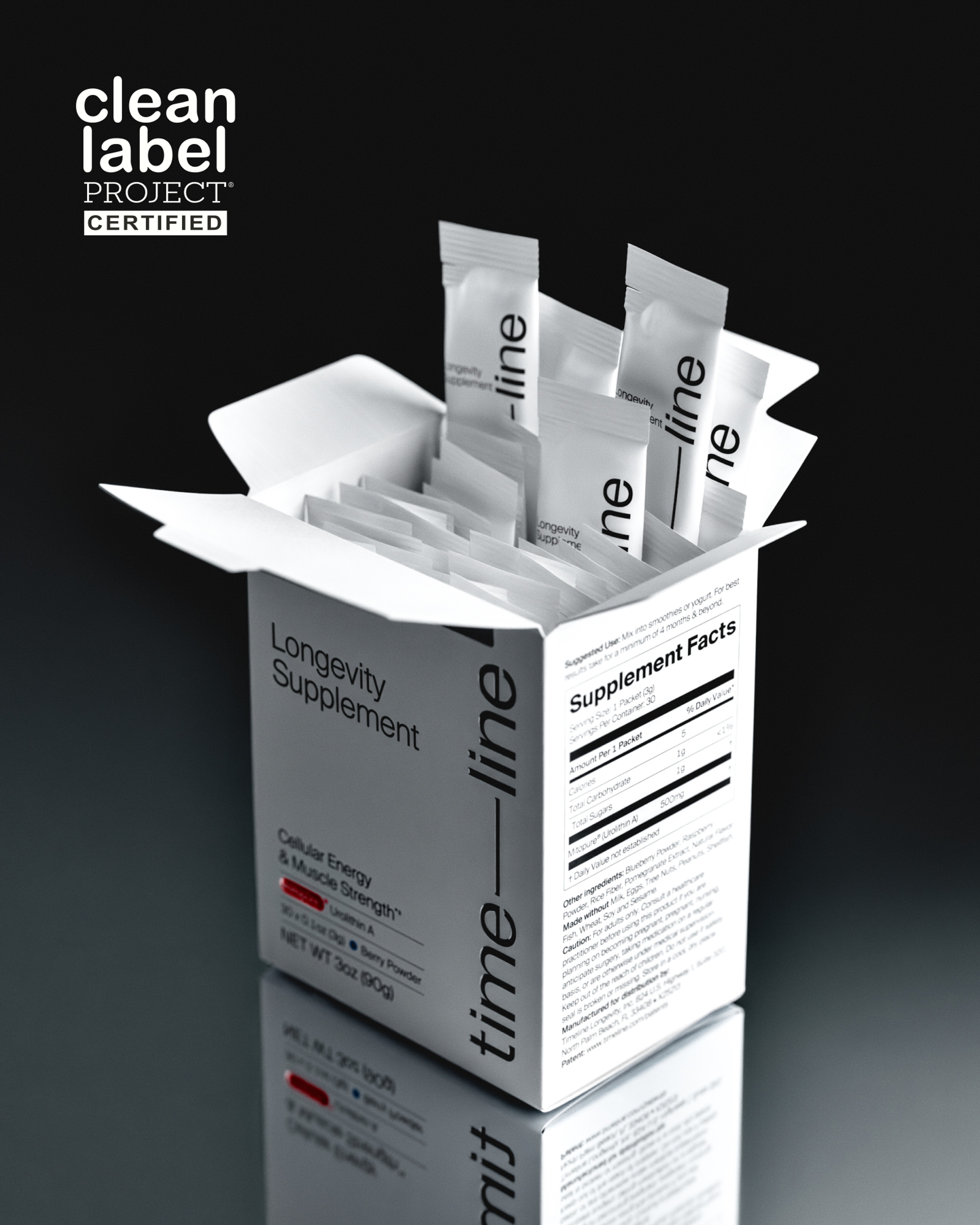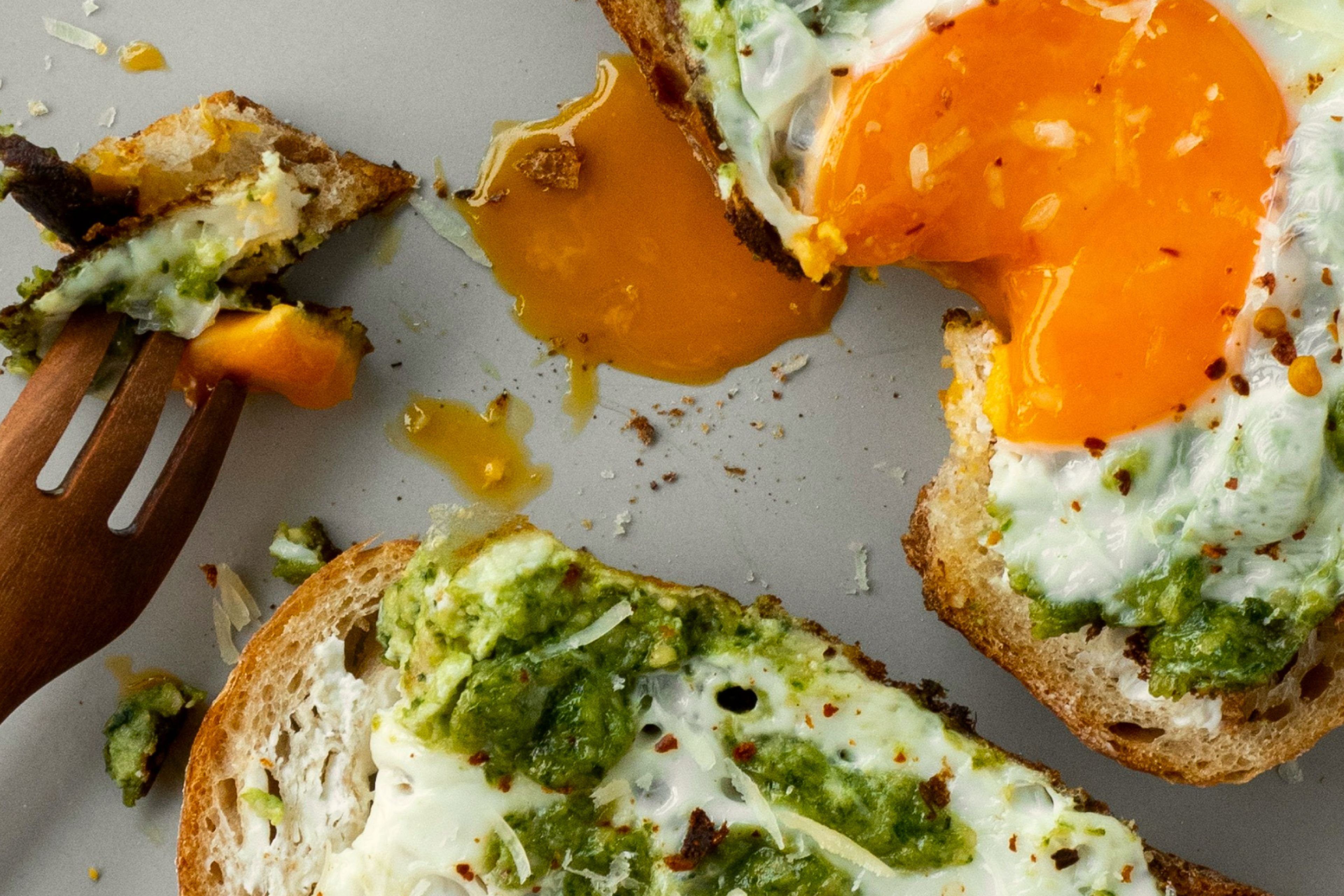5 Benefits of Optimizing Autophagy
Learn about the cellular process called autophagy: what is it, what are the benefits, and how to optimize it through lifestyle changes.
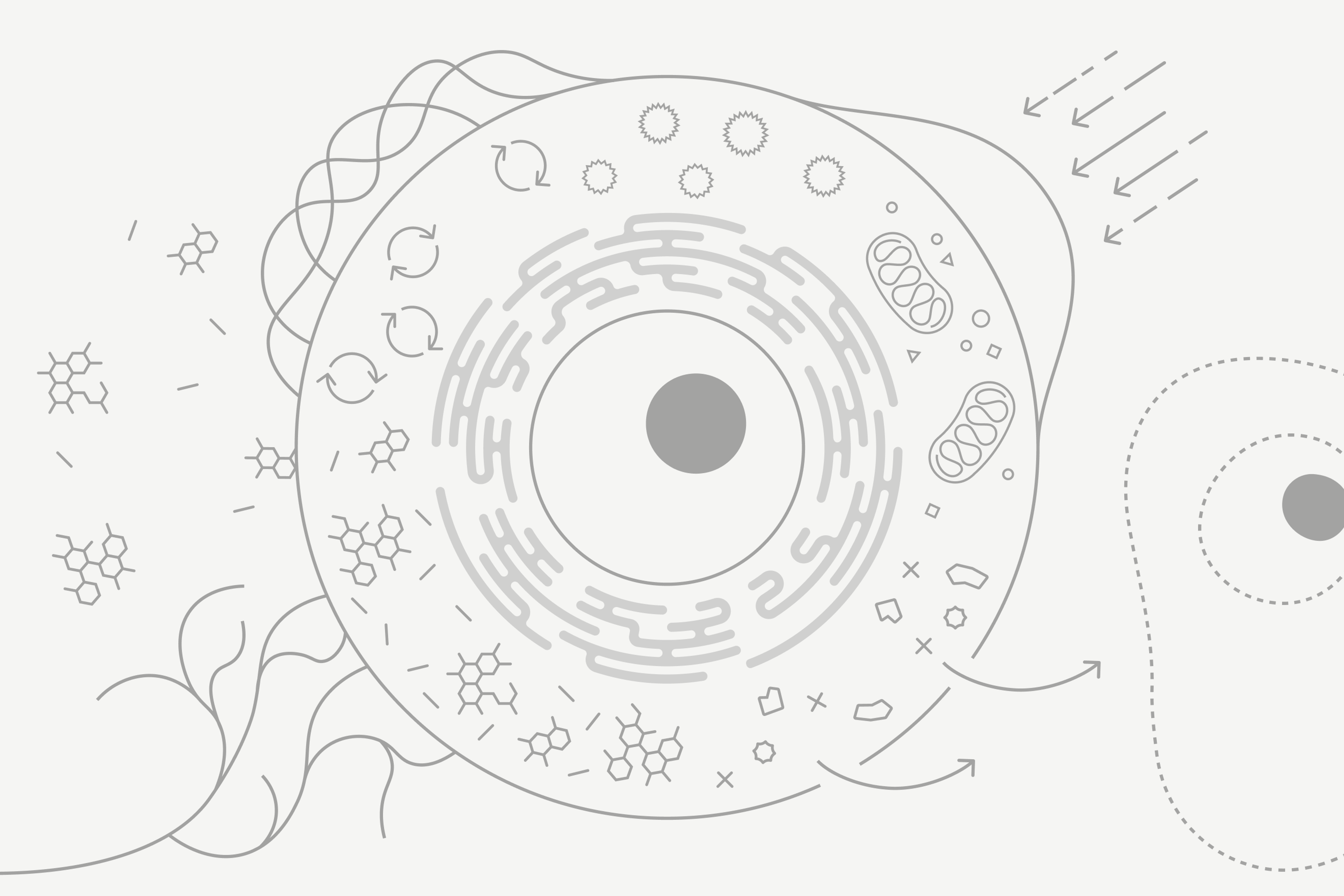
What to know
Autophagy involves the recycling of old or damaged cells and plays a role in the aging process.
Among the benefits are regulation of skin aging, immune function, cardiovascular function, brain function, and promotion of general good health with age.
Additional studies are needed to identify the best ways to induce autophagy to maximize the health benefits.
Longevity researchers have been studying autophagy for decades, but it wasn’t until recently that this cellular process has become a more widely recognized term. This intricate mechanism involves recycling old and damaged cells, and its activation has exhibited the ability to prolong cell life, whereas its inhibition is connected to premature aging.[1]
Autophagy is critical for the body’s basic functioning with age and has several benefits regarding health and longevity. This blog will review five health benefits of autophagy.
1. Regulates skin aging
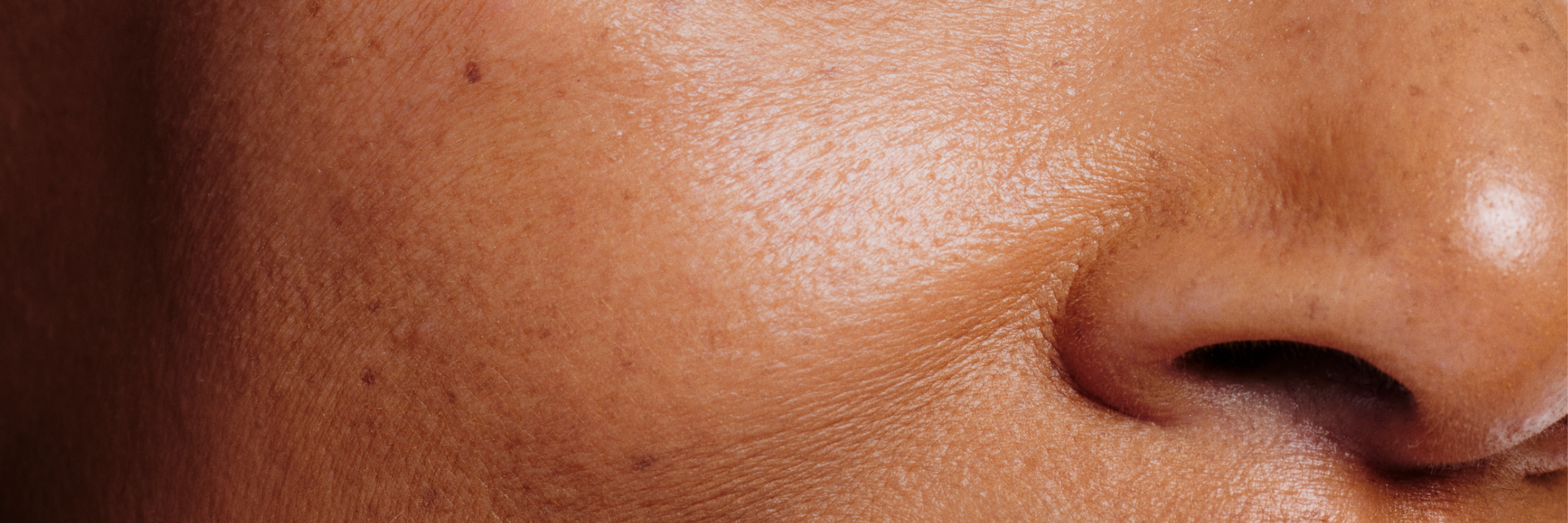
While the relationship between autophagy and skin aging is still being explored, research has already identified some potential benefits. Inducing autophagy can alleviate damage to the skin caused by UV radiation, and evidence suggests an association with the progression and possible treatment of immune-related skin diseases.[2]
2. Regulates the immune system
Autophagy has emerged as a pivotal player in the body's immune response, aiding in the removal of pathogens and enhancing the performance of immune-active cells. It acts as a strong form of defense against invaders.[3]

3. Maintains cardiovascular health
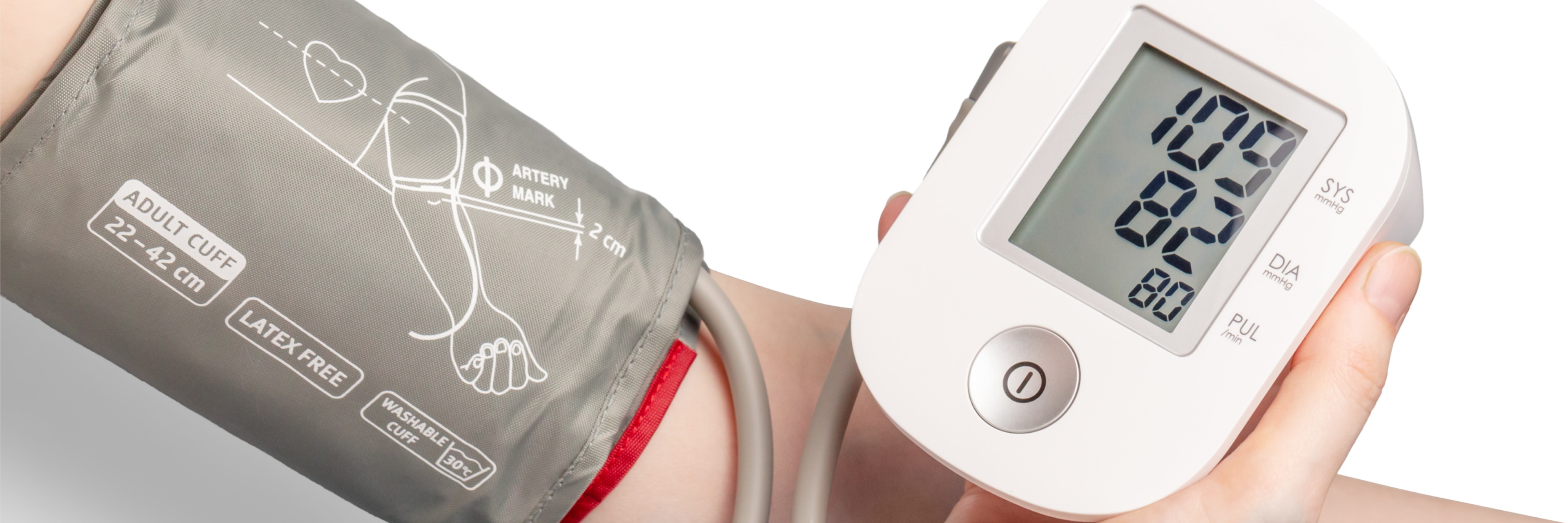
Autophagy is a key regulator of cardiovascular health, as both excessive and insufficient levels of autophagy have been found to contribute to cardiovascular disease. When cells are damaged by free radicals, autophagy is activated to break down and recycle these damaged cells. Studies have demonstrated that a disruption in this process in the cells of our blood vessels can accelerate heart disease.[4]
4. Maintains brain function

Proper functioning of the nervous system is an integral part of healthy aging, and autophagy plays a key role. Dysregulation of the autophagy process plays a role in the development and progression of many neurodegenerative diseases, such as Parkinson's and Alzheimer's.[5]
5. Promotes good general health with age
Autophagy has been identified as one of the key processes when it comes to protection against vulnerability to disease with age. In fact, disabled autophagy has been classified as one of the “hallmarks of aging.” These are biological processes that contribute to the aging process on the cellular level and include mitochondrial dysfunction, cellular senescence, and altered intercellular communication, among others.[6]

The bottom line
Autophagy has been found to play an important role in maintaining good health with age. Activating this process may have numerous benefits for several systems, including the nervous and cardiovascular systems. Additional studies are needed to better understand how autophagy relates to the other processes and the best ways to induce this process to fully tap into the anti-aging benefits.
Authors

Author
Professor of Nutrition & Scientific Writer

Reviewed by
Director Science Communications
References
- ↑
Mizushima N, Komatsu M. Autophagy: renovation of cells and tissues. Cell. 2011 Nov 11;147(4):728-41. doi: 10.1016/j.cell.2011.10.026. PMID: 22078875.
- ↑
Gu Y, Han J, Jiang C, Zhang Y. Biomarkers, oxidative stress and autophagy in skin aging. Ageing Res Rev. 2020 May;59:101036. doi: 10.1016/j.arr.2020.101036. Epub 2020 Feb 24. PMID: 32105850.
Kim HJ, Park J, Kim SK, Park H, Kim JE, Lee S. Autophagy: Guardian of Skin Barrier. Biomedicines. 2022 Jul 28;10(8):1817. doi: 10.3390/biomedicines10081817. PMID: 36009363; PMCID: PMC9405116.
- ↑
Qin ZH, editor. Autophagy: biology and diseases. Singapore: Springer; 2019
- ↑
Hughes WE, Beyer AM, Gutterman DD. Vascular autophagy in health and disease. Basic Res Cardiol. 2020 Jun 6;115(4):41. doi: 10.1007/s00395-020-0802-6. PMID: 32506214.
- ↑
Ghavami S, Shojaei S, Yeganeh B, Ande SR, Jangamreddy JR, Mehrpour M, Christoffersson J, Chaabane W, Moghadam AR, Kashani HH, Hashemi M, Owji AA, Łos MJ. Autophagy and apoptosis dysfunction in neurodegenerative disorders. Prog Neurobiol. 2014 Jan;112:24-49. doi: 10.1016/j.pneurobio.2013.10.004. Epub 2013 Nov 6. PMID: 24211851.
- ↑
López-Otín C, Blasco MA, Partridge L, Serrano M, Kroemer G. Hallmarks of aging: An expanding universe. Cell. 2023 Jan 19;186(2):243-278. doi: 10.1016/j.cell.2022.11.001. Epub 2023 Jan 3. PMID: 36599349.
- ↑
López-Otín C, Blasco MA, Partridge L, Serrano M, Kroemer G. Hallmarks of aging: An expanding universe. Cell. 2023 Jan 19;186(2):243-278. doi: 10.1016/j.cell.2022.11.001. Epub 2023 Jan 3. PMID: 36599349.
Disclaimer
The information in this article is for informational purposes only and should not be taken as medical advice. Always consult with your medical doctor for personalized medical advice.
